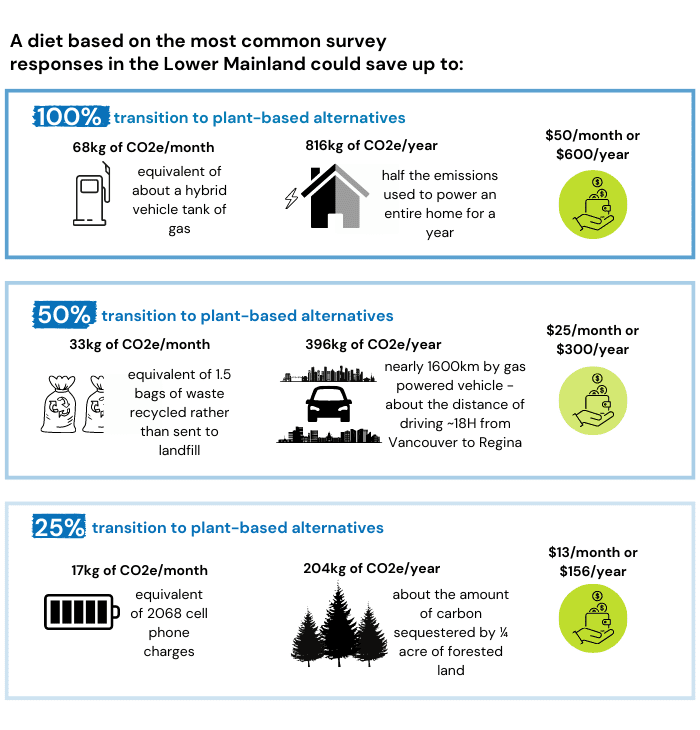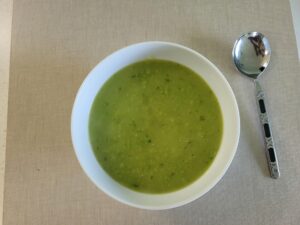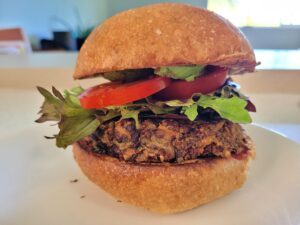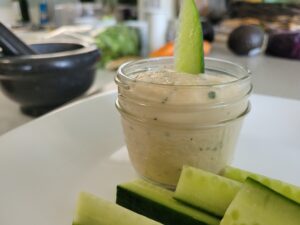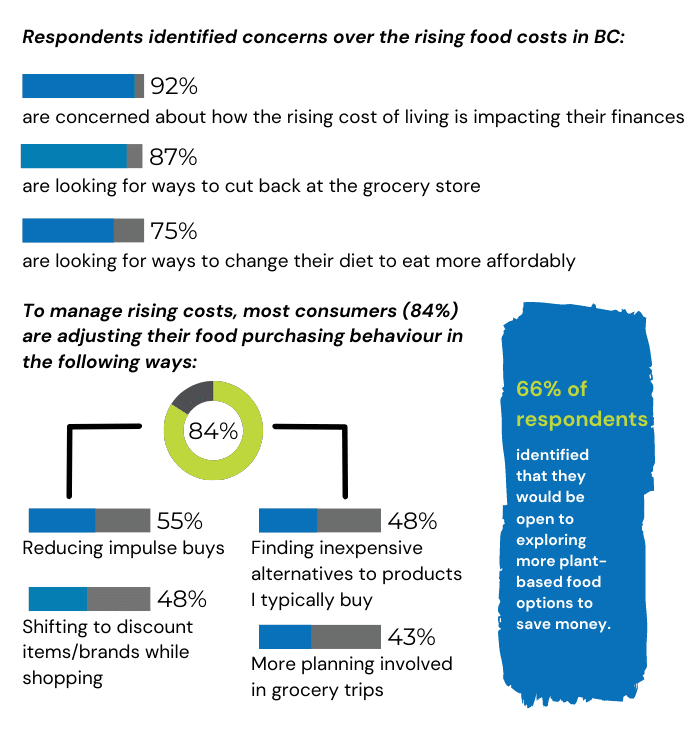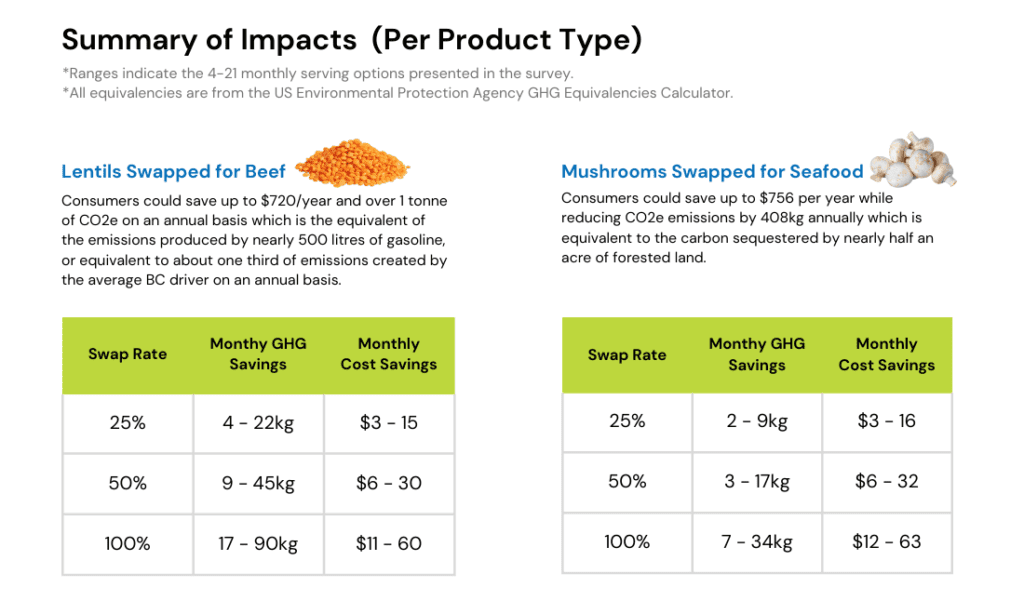Plant-based food: Is it healthy for us and the planet?
The Vancouver Humane Society’s Chantelle Archambault recently appeared as a speaker at UBC Robson Square Theatre for an exciting discussion about plant-based food, “Can healthier diets help our planet?”
The event was moderated by Professor Charlyn Black of the UBC School of Population & Public Health, and also featured speakers Michael Klaper of Moving Medicine Forward, Navin Ramankutty of the UBC Institute for Resources, Environment and Sustainability, and Jade Dittaro of the UBC Family Practice Training Sites.
Presentations mention the following resources:
Introduction by Charlyn Black
Plant-based foods & health with Michael Klaper
- Moving Medicine Forward
- DoctorKlaper.com
- True North Health Centre
- Food is Climate (book by Glen Merzer)
- Plantrician Project
- Comfortably Unaware (book by Dr. Richard Oppenlander)
- Diet for a New America (book by John Robbins)
- Cowspiracy (video)
- Seaspiracy (video)
- Climate Healers
- Extinction Rebellion
- 4Leaf Program Healthy Eating Healthy World
- Agricultural Fairness Alliance (organization to support our food-growing neighbours as they transition from animal to plant-based agriculture)
- Canadians for Responsible Food Policy
- Vancouver Humane Society
Plant-based foods & the environment with Navin Ramankutty
Impacts of shifting to plant-based foods in the Lower Mainland with Chantelle Archambault
- A Transition Toward Plant-Based Diets: A study amongst BC residents in the Lower Mainland (survey & impact report)
- Environmental Impacts of Food Production (from Our World in Data)
- Plant University
- Vancouver Humane Society
Intersections of planetary health and human health in education with Jade Dittaro
- Default Veg organization
- American College of Lifestyle Medicine
- EAT Lancet Commission on Food, Planet, Health
- Canada Food Guide
- We are the Weather (book by Jonathan Safran Foer)
Panel discussion
- Subsidies for Dairy in Canada and supply management
- Canada Food Guide
- Canadians for Responsible Food Policy (formerly Nation Rising)
- Not Too Late (website & book by Rebecca Solnit & Thelma Young-Lutunatabua)
- Fire Weather (book by John Vaillant)
- Research about savings to care system from plant-based diets (report from Tufts University)
- Milked (documentary)
- Earthling Ed (video on impacts of eating fish)
- The Informed Animal Ally podcast: Fish cruelty laws
- Brenda Davis RD (plant-based nutritionist who has co-authored many books with Vancouver-based Vesanto Melina)
- Consensus from medical community about benefits of a plant-based diet (multiple examples, including guidelines from cardiology, diabetes, stroke, weight management, etc.)
- The comparative anatomy of eating (website from Dr. Milton Mills)
- Carnism (videos by Melany Joy describe our hidden belief system)
- Whole vs minimally processed foods
- Whole food plant-based (WFPB) vs. vegan diet
- Transition process to a plant-based diet: cold turkey or gradual?
- The Plant Based Athlete (book by Matt Frazier & Robert Cheeke)
- Shanda Hill two back-to-back double Deca races (now three)
- Cronometer app
21 day challenges:
More posts like this
I’m a photojournalist; here’s how I advocate for animals using the power of imagery
I’m a photojournalist; here’s how I advocate for animals using the…
Colourful meal ideas to celebrate Pride
Looking to put colourful dishes on your table this Pride Month…
How I get my kids excited to eat plants as a vegan mom
How I get my kids excited to eat plants as a…
I’m a family doctor; here’s what I tell my patients about going plant-based
I’m a family doctor; here’s what I tell my patients about…
Adapting meals to be plant-based episode 2
Adapting meals to be plant-based episode 2 Featured Author: Alicia MacGregor…
Chat with a vegan: Stephanie Redcross West, business coach and marketing strategist
Chat with a vegan: Stephanie Redcross West, business coach and marketing…









